USA
Elon Musk and Donald Trump Fall Out Over ‘One Big Beautiful Bill’
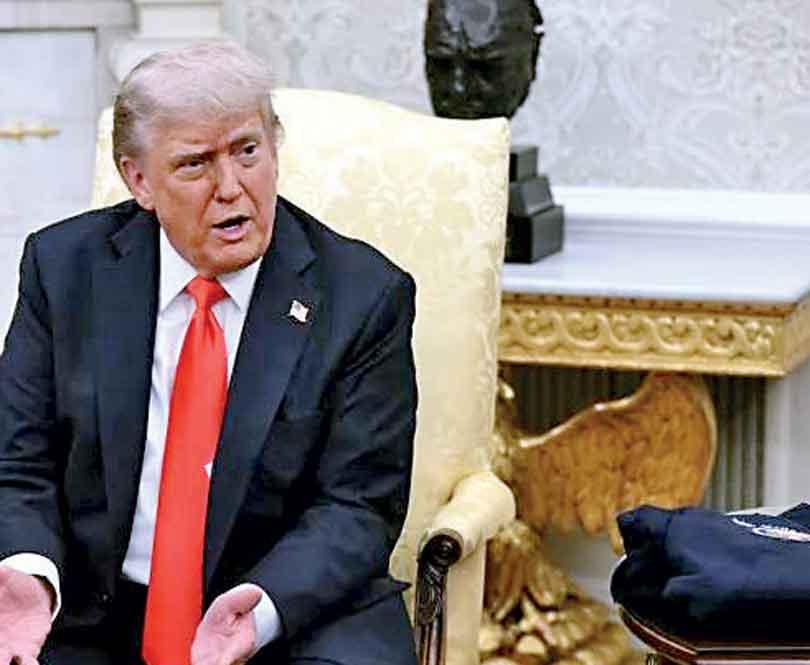

A dramatic rupture unfolded this week between tech billionaire Elon Musk and former U.S. President Donald Trump, as Musk fiercely criticized Trump’s omnibus budget plan, dubbed the One Big Beautiful Bill, labelling it a “disgusting abomination” for its staggering spending. Trump retaliated on Truth Social, threatening to revoke Musk’s government contracts and slash subsidies. Musk then deleted a tweet alleging Trump’s name appears in the Jeffrey Epstein “Epstein Files,” which triggered an explosive series of public attacks. Trump responded by labelling Musk “the man who has lost his mind” and declared he would not reconcile, warning Musk of “serious consequences” should he fund Democratic challengers. This clash has rattled markets: Tesla lost over $150 billion in valuation, Musk’s net worth at one point dipped by $34 billion, and Dogecoin and related government subsidies also took hits.
Poland
Poland Elects Karol Nawrocki as President
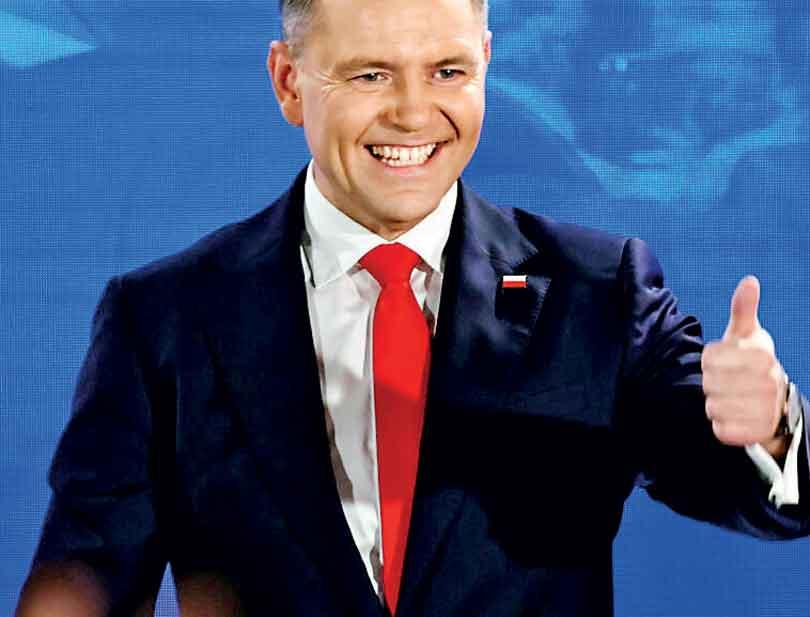
On June 1, Poland elected conservative historian Karol Nawrocki as its new president, defeating liberal challenger Rafał Trzaskowski in a tense runoff. Nawrocki, the former head of Poland’s Institute of National Remembrance, is known for his strong nationalist rhetoric, promotion of traditional Catholic values, and advocacy for greater historical sovereignty. His campaign focused heavily on rejecting EU influence on domestic affairs, defending Polish identity, and strengthening border controls. Analysts see his win as part of a broader rightward tilt in Central and Eastern Europe, echoing political trends in Hungary and Slovakia. Trzaskowski, the current mayor of Warsaw, had pledged closer EU ties, progressive social policies, and increased support for Ukraine. However, Nawrocki’s nationalist message and support from rural voters ultimately prevailed. Critics fear that Nawrocki’s presidency could strain Poland’s relationship with Brussels, especially on issues like judicial independence and media freedom. Nawrocki will be sworn in later this month.
Gaza
Global March to Gaza Gatherings Planned

Human rights organizations from over 31 countries have announced plans for a Global March to Gaza, set to begin in mid-June at Egypt’s Rafah crossing. The protest aims to draw attention to the humanitarian crisis in Gaza and demand international accountability for alleged war crimes committed during recent Israeli military operations. Among the most high-profile participants is environmental activist Greta Thunberg, who stated her commitment to linking climate justice with human rights. The initiative is backed by multiple NGOs, legal scholars, and faith-based groups, all calling for an end to the blockade, unrestricted humanitarian aid access, and formal investigations by the International Criminal Court. Organizers emphasize the peaceful nature of the march and have requested security assurances from Egyptian authorities. Despite concerns about regional instability, the protest has gained traction on social media and is expected to attract thousands. Observers say it could become one of the year’s largest transnational solidarity events.
UK
UK Bans Disposable Vapes
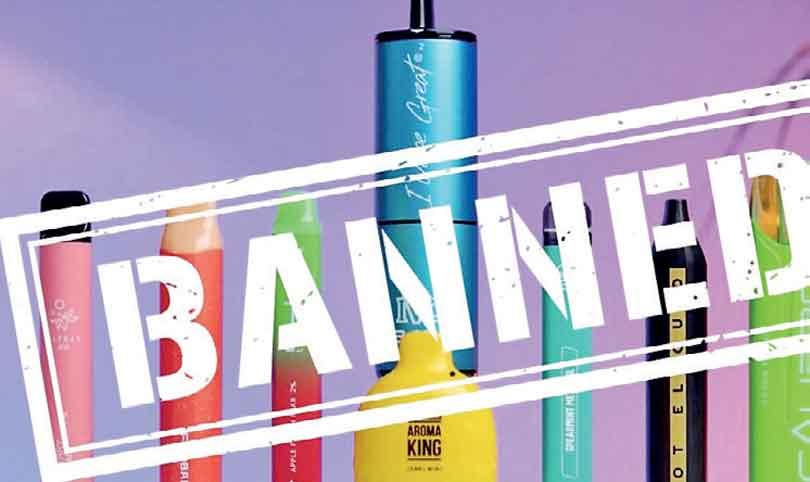
Beginning June 1, the United Kingdom implemented a nationwide ban on disposable e-cigarettes, becoming the first G7 nation to take such a bold step against youth vaping. The legislation, announced earlier in the year, cites growing evidence of increased nicotine addiction among teenagers, as well as mounting concerns about plastic and battery waste polluting the environment. Health Secretary Victoria Atkins stated that the ban was “necessary to protect young people from predatory marketing and preserve public health.” Retailers are now prohibited from selling single use vapes, with enforcement expected through spot checks and heavy fines. The ban has been welcomed by health advocates, though some industry groups argue it may push consumers toward black market alternatives. Many schools and parents’ groups have praised the move, noting that underage vaping had become a widespread issue. Authorities will monitor vape shops for compliance, and further legislation on flavoured e-liquids is reportedly in discussion.
USA
President Donald Trump Bans Entry from 12 Countries
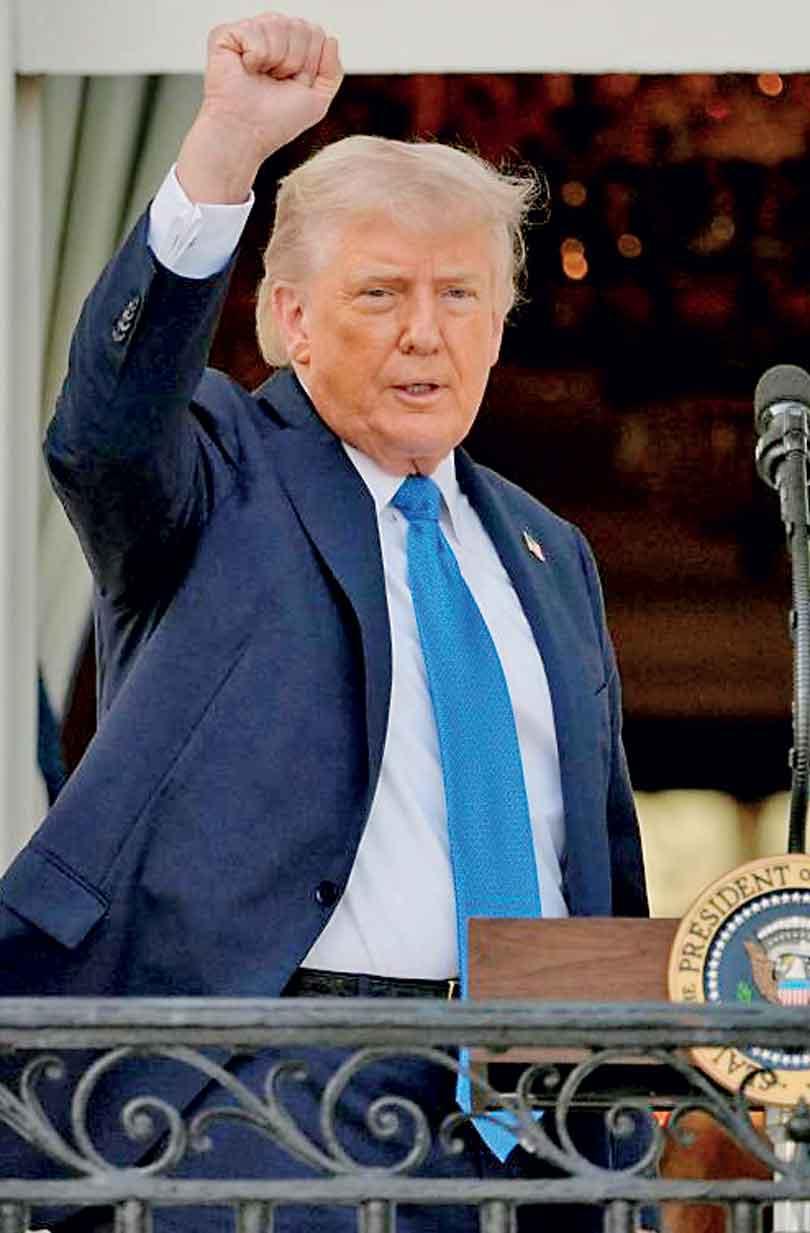
On June 4, President Donald Trump, signed a sweeping executive order banning or restricting entry from 12 countries, citing national security concerns and ‘cultural integrity.’
The move draws immediate parallels to Trump’s controversial 2017 travel ban and sparked criticism from civil rights groups and immigrant advocacy organizations. The targeted nations include several majority-Muslim countries, as well as some in Africa and Asia, with the administration claiming in they failed to meet “minimum vetting standards.” Trump defended the ban, calling it a ‘protective measure to keep America safe from infiltration and crime.’ Critics argue the policy is racially motivated and legally dubious.
New Zealand
New Zealand’s First Astronaut Launch

On June 1, New Zealand celebrated a historic milestone as Mark Rocket became the country’s first citizen to travel into space. He boarded Blue Origin’s NS-32 suborbital flight, reaching the edge of space and experiencing several minutes of weightlessness before returning safely to Earth. The Christchurch-born entrepreneur and philanthropist is a long-time advocate for space exploration and previously invested in Rocket Lab, another New Zealand aerospace company. His journey was part of Blue Origin’s space tourism program but was seen as symbolically important for New Zealand’s growing space ambitions. Prime Minister Chris Hipkins called the flight “an inspiration for our youth and innovators.” The launch was broadcast live across the country and drew huge public interest. Rocket plans to use his newfound fame to promote STEM education and environmental awareness. His successful mission has sparked calls for more government investment in aerospace innovation and space policy development in the Pacific region.
South Korea
South Korea Holds Snap Presidential Election
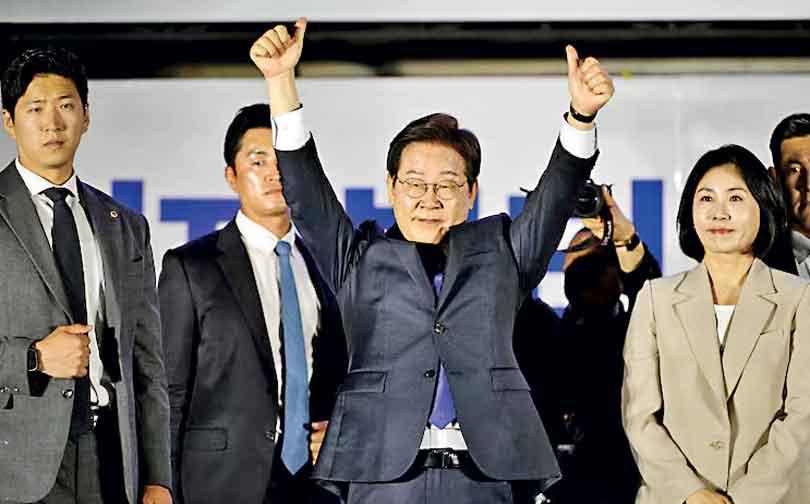
South Korea held a snap presidential election on June 3, following the dramatic impeachment of President Yoon Suk Yeol earlier this year over corruption allegations and abuse of power. The special election brought a surprise victory for opposition leader Lee Jae‑myung, who defeated conservative candidate Kim Moon‑soo by a narrow margin. Lee, a progressive and former governor of Gyeonggi Province, campaigned on promises of economic reform, youth employment programs, and closer engagement with North Korea. His win marks a return to liberal leadership after a brief conservative interlude under Yoon. Voter turnout was high, reflecting the public’s desire for stability after months of political unrest. International observers praised the transparency of the election, while Lee pledged to restore public trust in government institutions. His presidency is expected to focus on combating rising living costs and addressing generational inequality, while rebalancing South Korea’s diplomacy between the U.S., China, and North Korea.
Japan
Tokyo Lunar Lander Failure
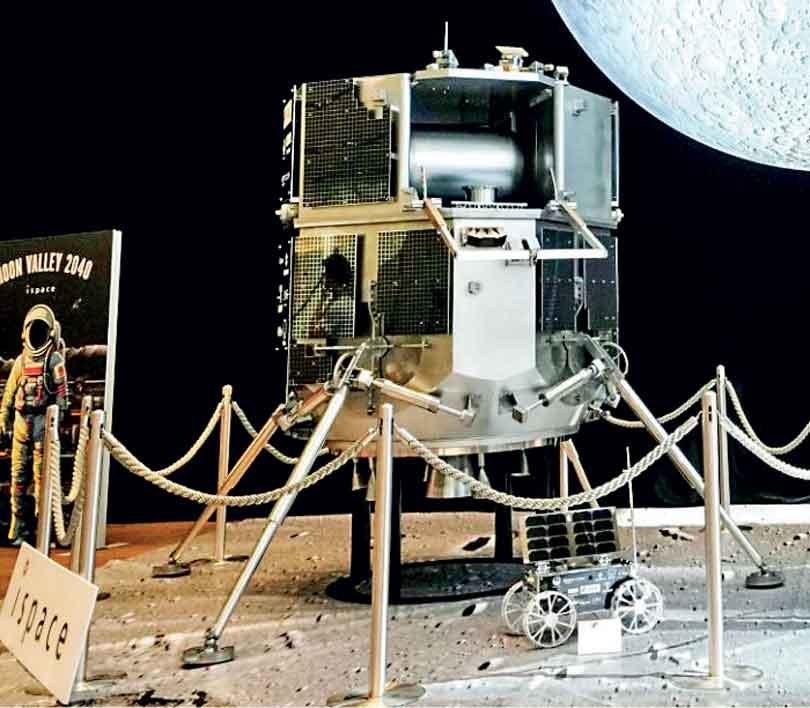
On June 6, Japanese space startup ispace Inc. announced the failure of its lunar lander Resilience, which lost communication just minutes before its expected touchdown on the Moon. The lander was part of ispace’s second mission, aiming to deliver scientific instruments and demonstrate precise lunar landing capabilities. Engineers said all systems had been performing normally during descent before a sudden signal loss at approximately 50 meters above the lunar surface. The failure is a setback for Japan’s private space sector, which has been striving to establish itself in the global lunar economy. ispace CEO Takeshi Hakamada acknowledged the disappointment but emphasized the importance of learning from failure.
The mission was funded partly by JAXA and international partners. Despite the setback, ispace reaffirmed its commitment to lunar exploration and announced plans to proceed with a third mission in 2026. Global space agencies expressed solidarity, noting the high-risk nature of Moon landings.











